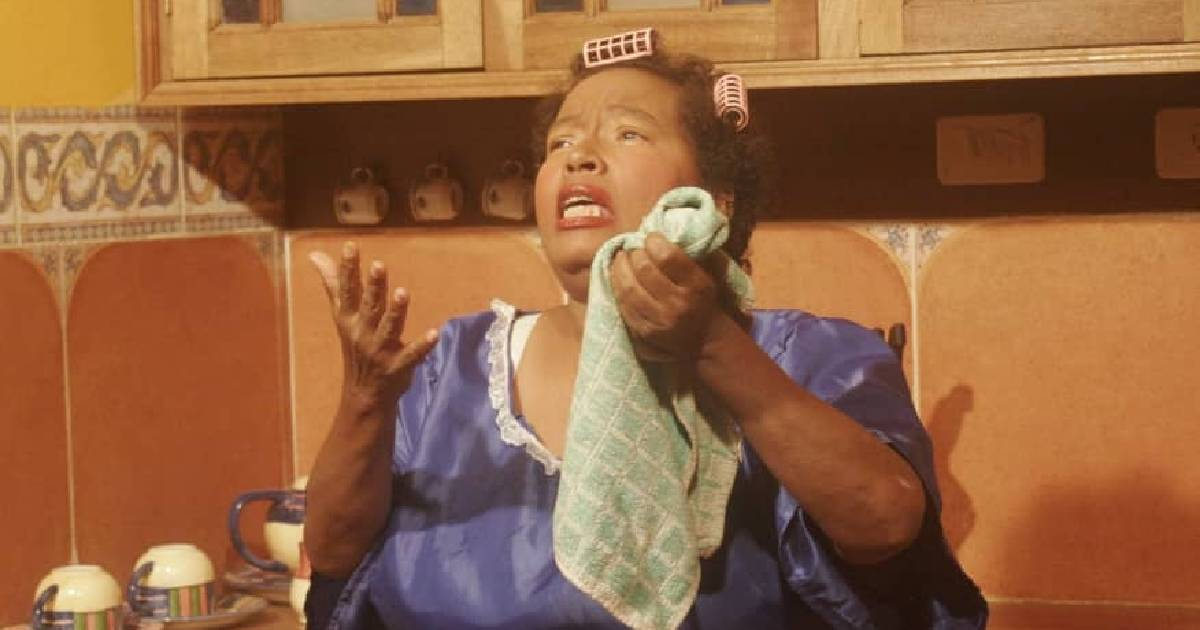
The renowned Cuban actress and theater artist Carmen Fragoso passed away this Friday in Havana, where she spent her last years suffering from severe anemia and diabetes, as well as a difficult economic situation, after retiring from the Higher Institute of Arts (ISA).
The artist taught several generations of students at the Faculty of Theater Arts of the University of the Arts and had to retire from the ISA after losing her vision due to diabetes.
A graduate of the National School of Theater and the University of the Arts, she was part of the Teatro Escambray group, where she was involved in plays such as El paraíso recobrado, La vitrina, La emboscada, and Los novios. She also visited important international stages with this group, as mentioned by the Ministry of Culture of Cuba in a Facebook post.
Throughout her long career, Fragoso was part of the casts of Grupo Extramuro, Conjunto Teatral Anaquillé, and Gaia Teatro. At the same time, she became a Vocal Technique professor. She was also a member of the Cuban Theater Chair led by Nelson Dorr.
As a teacher or actress, she was involved in important processes of the national scene.
In 1988, she won the Best Female Performance Award at the National Theater Festival of Camagüey. She worked in the play Santa Camila de La Habana Vieja, by José Ramón Brene, directed by Armando Suárez del Villar; she performed the monologue La Caja de Pandora with the Cimarrón Group directed by Alberto Curbelo; she worked as a theater coach for Cuban films and stage productions; and she was a Voice and Diction teacher for courses at various institutions.
In 2017, already with vision problems, he participated in the premiere of the show "Nadie me entierre ese muerto" alongside actor Denis Colina, and directed by National Theater Prize winner Carlos Pérez Peña.
In February 2023, the Perséfone Teatro group launched a request for help for Fragoso, claiming that he had been experiencing a complex situation for years, which had worsened in recent times.
Carmen has been blind for years due to diabetes, a disease that has brought her many complications such as the amputation of fingers and being tied to insulin for life," explained the publication of the group.
It also adds that the educator, after having to retire from her classes at the ISA due to losing her vision, did not stop advising anyone who came to visit her from her home; and pointed out that the Ministry of Culture of Cuba does not have a structure to assist veteran artists, whom they "condemn if they do not have family to care for them, to neglect and starvation."
What do you think?
COMMENTFiled under: